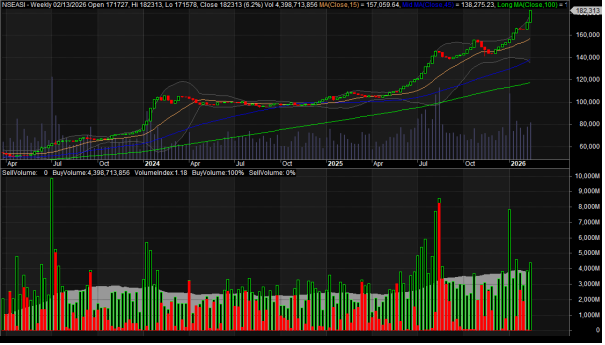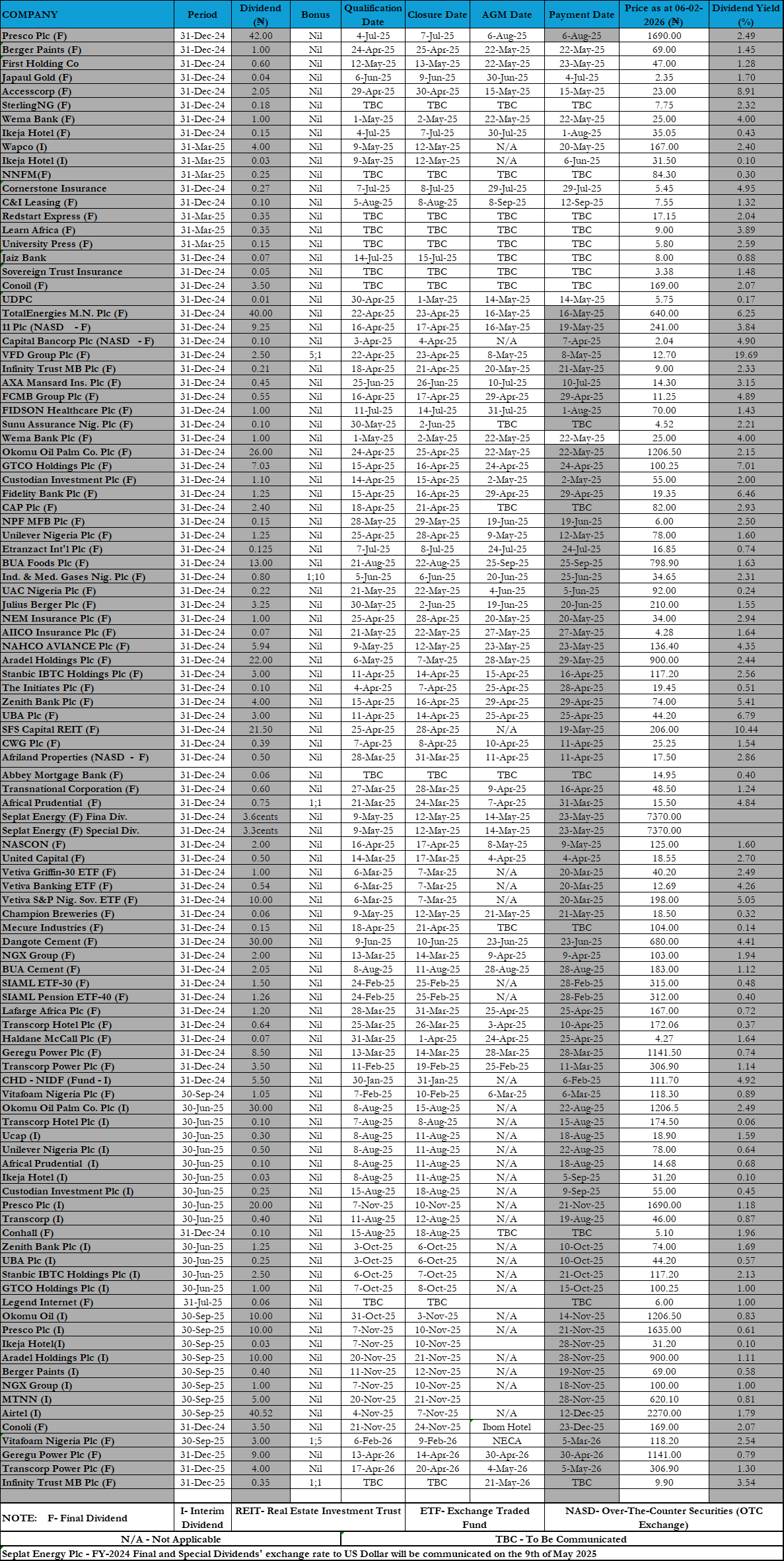
Even while stakeholders are awaiting the compliance rating of its recent efforts to force more lending to the nation’s productive sector whose deadline expired on September 30, the Central Bank of Nigeria (CBN), has raised Loan to Deposit Ratio of deposit money banks to 65%.
The move, according to the CBN, is part of efforts to encourage SMEs, retail, mortgage, and consumer sector lending, all of which shall be assigned a weight of 150% in computing the LDR for this purpose.
This means of every N100 mobilized as deposits, a minimum of N65 must now be granted as a loan to customers, with effect from December 31, 2019.
In a circular dated September 30, 2019, with reference: BSD/DIR/GEN/LAB/12/049, to all banks, titled Re: Regulatory measures to improve lending to the real sector of the Nigerian economy,” while referring to the previous letter of July 3, 2019, announced the upward review from 60%, whose deadline ended on September 30.
The upward review, even before the banks settled down to the reality of the 60% LDR, the CBN in the letter signed by Bello Hassan, for the Director of Banking Supervision, said is “in order to sustain the momentum and in line with the provisions of our earlier letter.”
While acknowledging the success of the previous hike to 60%, the CBN noted “the appreciable growth in the level of the industry gross credit, which increased by N829.4bn or 5.33% from N15,567.66bn at end-May 2019, to N16,397.06bn as at September 26, 2019, following its pronouncements on the above initiative.”
This ratio, the apex bank noted, “shall be subject to quarterly review.
The apex bank warned that “failure to meet the above minimum LDR by the specified date shall result in a levy of additional Cash Reserve Requirement equal to 50% of the lending shortfall implied by the target LDR.”
Notwithstanding the urge for increased lending and facilitate greater investment in the real sector of the Nigerian economy, the apex bank warned DMBs to continue strengthening “their risk management practices, particularly with regards to their lending operations.”
It promised to continue “promoting a safe, sound and resilient financial system.”
The decision to force increased lending to the real sector is part of efforts to discourage the concentration of bank deposits on government debt instruments, with the CBN threatening to bar DMBs from trading in treasury bills and bonds. For example, at the end of the 2019 half-year, for example, Guaranty Trust Bank reported LDR of 49.94%, down from 54.53% in the corresponding period of 2018. While banks like
Analysts had expected that the 60% benchmark could immediately translate to between N1.3 and N1.4tr more loans to real sector operators in the country by the September 2019 deadline.
Recall that as part of boosting bank lending to the real sector, the CBN had on July 10, 2019 letter, set maximum Standing Deposit Facility (SDF) at N2bn, with effect from Thursday, July 11, 2019. This means that from that date, any bank deposit with the CBN in excess of N2bn shall be at zero interest.
Although the prescribed LDR is still less than the 90% and 75% that obtains in South Africa and Kenya, analysts say there are downsides to the directive (READ MORE).
To avoid the problems associated with the new directive, Investdata had earlier enjoined the CBN to follow through by further empowering the credit bureau to make them more effective to help weed serial debtors from the system, even as the Asset Management Corporation of Nigeria (AMCON) continues struggling to recover its N5tr debt mountain.
However, the CBN directive will, besides boosting market liquidity, drive productivity, create jobs and enhance disposable income needed to increase consumption, while oiling the macro-economic space. The banks will ultimately compete for the same borrowers; interest rate will slightly go down; a situation which in the long-run impact positively on the economy and stock market.













